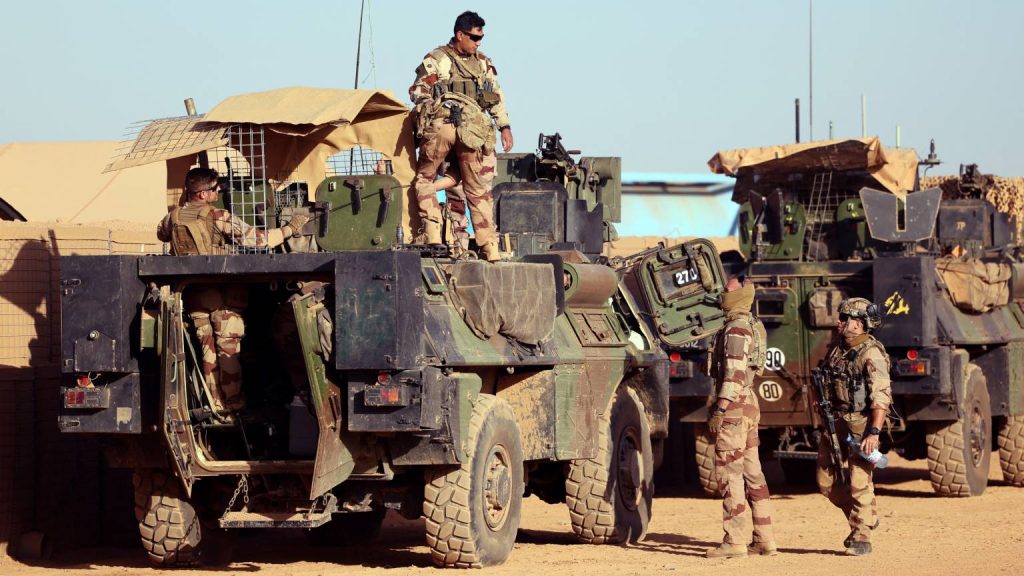Mirjam de Bruijn, Kristin Skare Orgeret and Bruce Mutsvairo recently reflected on the current situation in Mali in Dutch media outlets NOS, Algemeen Dagblad, Bureau Buitenland as well as in leading international newspaper The Guardian. They discussed the instability in the Sahel, the growing tensions between France and Mali and the presence of Russian mercenaries Wagner.
While ECOWAS sanctioned Mali in response to the military-dominated government’s refusal to organize this year’s presidential elections, thousands of Malians around the country went out to demonstrate. Civilians feel severely punished after ECOWAS announced a closure of land and air borders with surrounding countries, the suspension of financial assistance and transactions between ECOWAS countries and Mali. This has resulted in the rising cost of living for locals.
A journalist of the Dutch radio program Bureau Buitenland interviewed Mirjam de Bruijn about this situation on January 18. She explained that the sanctions came in light of the rapid destabilizing conditions in the Sahel at large. In this region of conflict, the growing fragility is caused by several factors including the presence of Jihadist groups and frequent military coups.
While the pro-Malian government narratives are widespread, so are anti-French and pro-Russian sentiments, said Mirjam de Bruijn in an interview with Dutch TV NOS and national daily Het Algemeen Dagblad. She argued that the French military is unpopular in Mali and this sentiment is growing on social media, where users spread ‘fake news’ messages that the French are cooperating with Jihadist militias. Since France decided to withdraw some of its troops, the Malian military junta is cooperating with Russian mercenaries known as Wagner. Many civilians support this group, although Wagner is known for human rights violations and Malian civilian casualties have been reported.
In The Guardian article Mirjam, Kristin and Bruce emphasize that Russia’s presence in Africa is not limited to Mali alone. Its geopolitical influence across the Sahel and elsewhere in Africa is growing
Image: AFP


